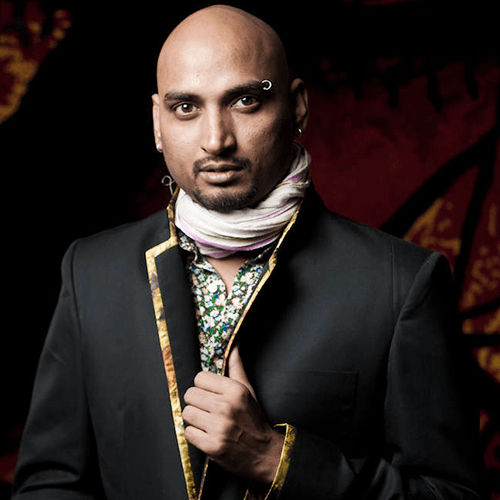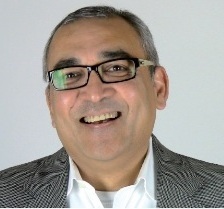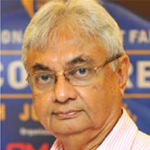
Samant Chauhan
Label Samant Chauhan
Looking forward to open stores in all metropolitan cities
Delhi based fashion designer, Samant Chauhan who mostly works on hand woven Indian textile, keeping the silhouettes clean and cut- sharp, is known for his unique designs. In a conversation with Fibre2Fashion, the designer talks about his fashion journey and shares tips for fashion enthusiasts.
Fibre2Fashion: How did you enter the world of fashion and how has your journey been so far?
Samant Chauhan:
I always had the passion for fashion, design, and photography. Initially I was working in the field of science, but fashion always attracted me towards it. So I applied to NIFT, cracked the entrance exam and then one thing led to another and rest you can say is history.
F2F: What are the 5 essential things required of a designer to make it big in the fashion world?
SC:
Definitely consistency in your work and ethics, discipline towards your work--making sure that you do not lose that. Authenticity- remaining true to your art and self.
F2F: who is your targeted audience and which country is the biggest market for your clothes?
SC:
I try to cater all of India and worldwide as well. We make our collections keeping our nation and the world in mind.
F2F: What works better for your label –online or offline? Could you give us the percentagewise sales for each?
SC:
Our online sales is about 60 per cent and offline is 40 per cent.
F2F: What is your signature style, silhouette and embroidery which can be seen in every collection?
SC:
I try to explore with both silhouette and embroidery. We focus on very clean cut- sharp silhouettes, that’s how our signature style is formed.
F2F: Each piece of your collection is beautifully embellished with micro detailing, how long does it take to make a single outfit?
SC:
Approximately from the starting stage, it goes through the process of fabric sourcing to dyeing then to embroidery, cutting and stitching. So one garment takes about a week to complete. We do not want to make an outfit at a fast pace, rather want to pay lot of attention to the detail and precision so that it can be made into couture.
F2F: Where is the sourcing of fabrics and accessories done from? Is the production work outsourced or do you have your workshop?
SC:
As we use chanderi silk to make our garments, our fabric is sourced from Bhagalpur (bihar) where the bhagalpuri silk is manually weaved by the weavers.
F2F: How was the overall functioning of the label affected during the pandemic?
SC:
The pandemic really affected our label drastically. All our staff, workers and vendors had to return to their homes, and everything was on a pause for quite a long time.
F2F: How would you elaborate the importance of exhibitions, tradeshows and runway shows, especially in India!
SC:
Yes, the runway shows and exhibitions are a very important part of our Indian culture as they have a huge impact on our audience. We get to meet a variety of people and they help us as in designers to widen our perspectives.
F2F: What fashion tip would you like to share with today’s fashion enthusiasts to slay in style?
SC:
Umm, try to explore as much as possible because that’s what fashion is all about. Keep your mind open to different genres of clothing like we have in music and let your inner self find what it loves the most!
F2F: Where does your label stand globally? What are your expansion plans?
SC:
Yes, we definitely want to expand. We are looking forward to opening our stores in all the metropolitan cities as we already have two of them, located in Delhi and Bombay.
Anurag Batra
Bill D’Arienzo
Abhay Gupta
Aseem Prakash
Pradip Mehta
Fanny Vermandel
Rahul Mehta
Gabi Seligsohn
Arun Sirdeshmukh
Rahul Mehta










_8.JPG)
